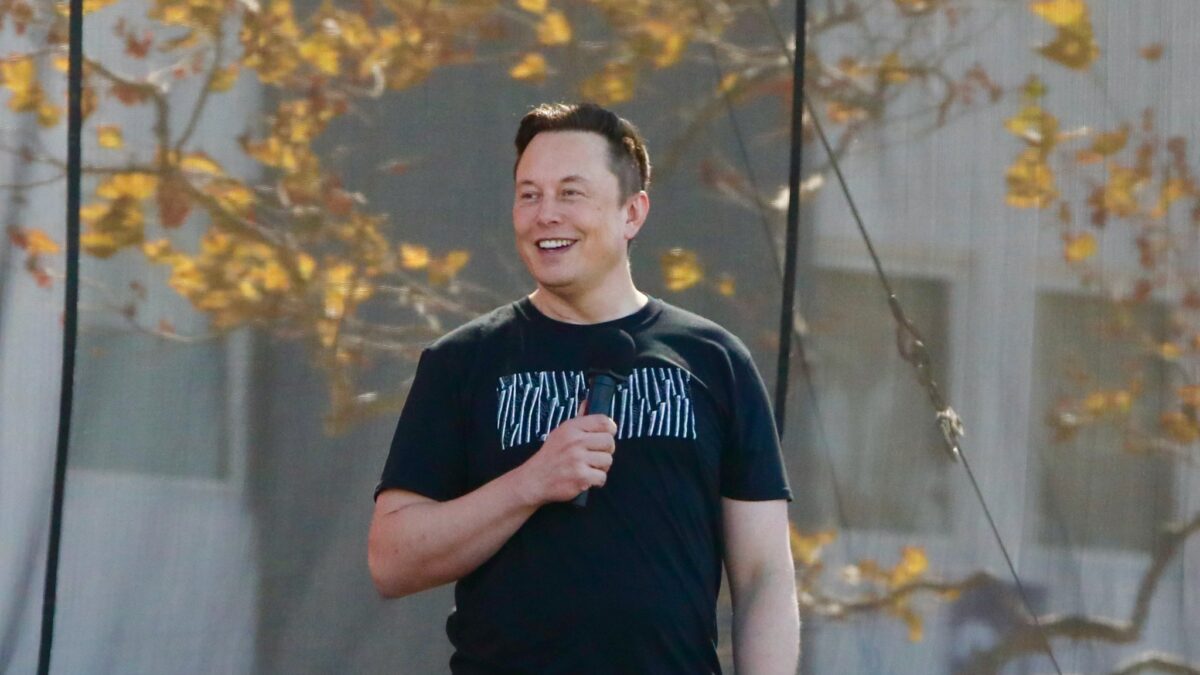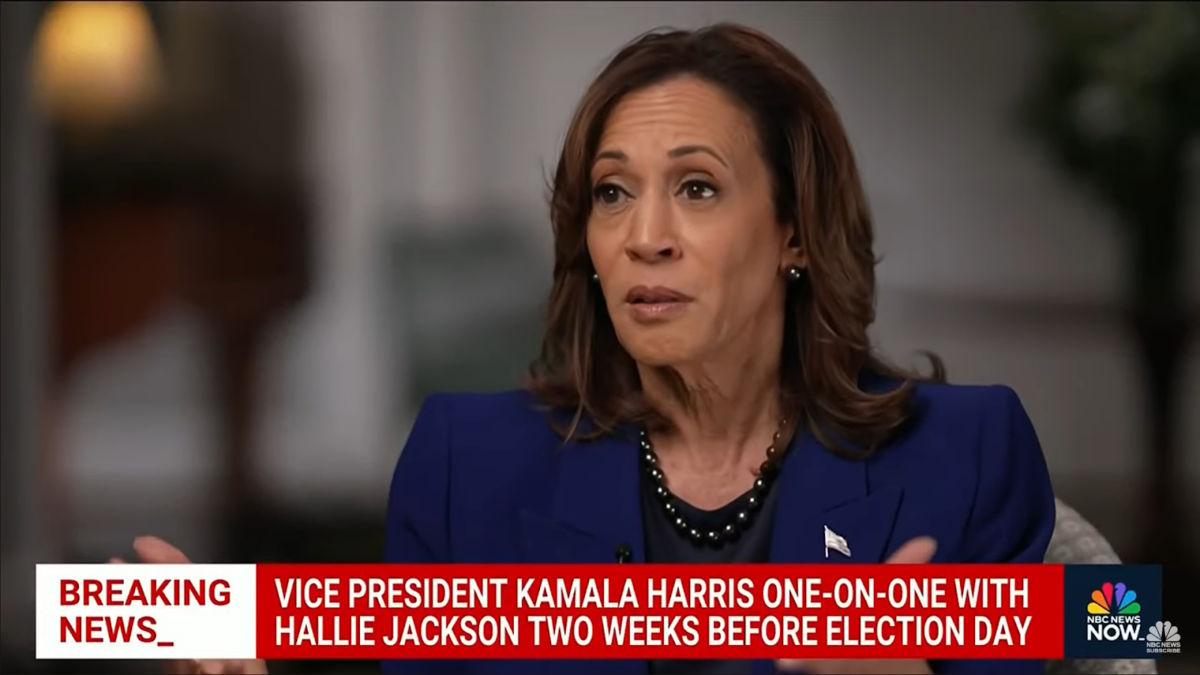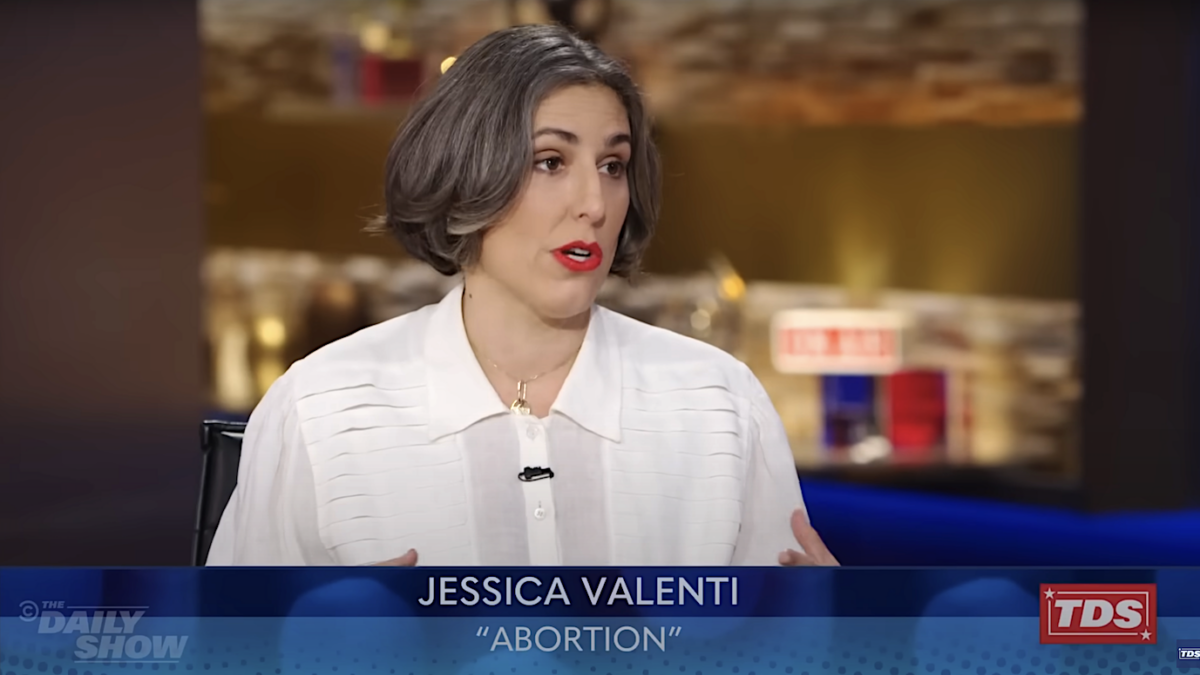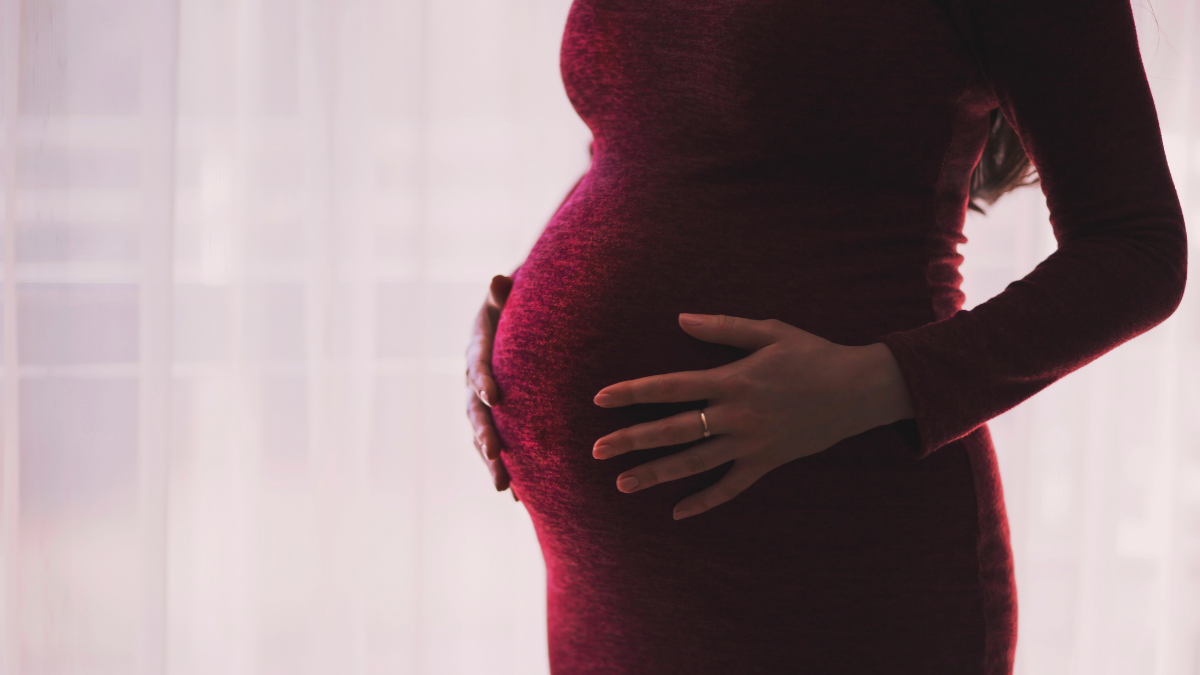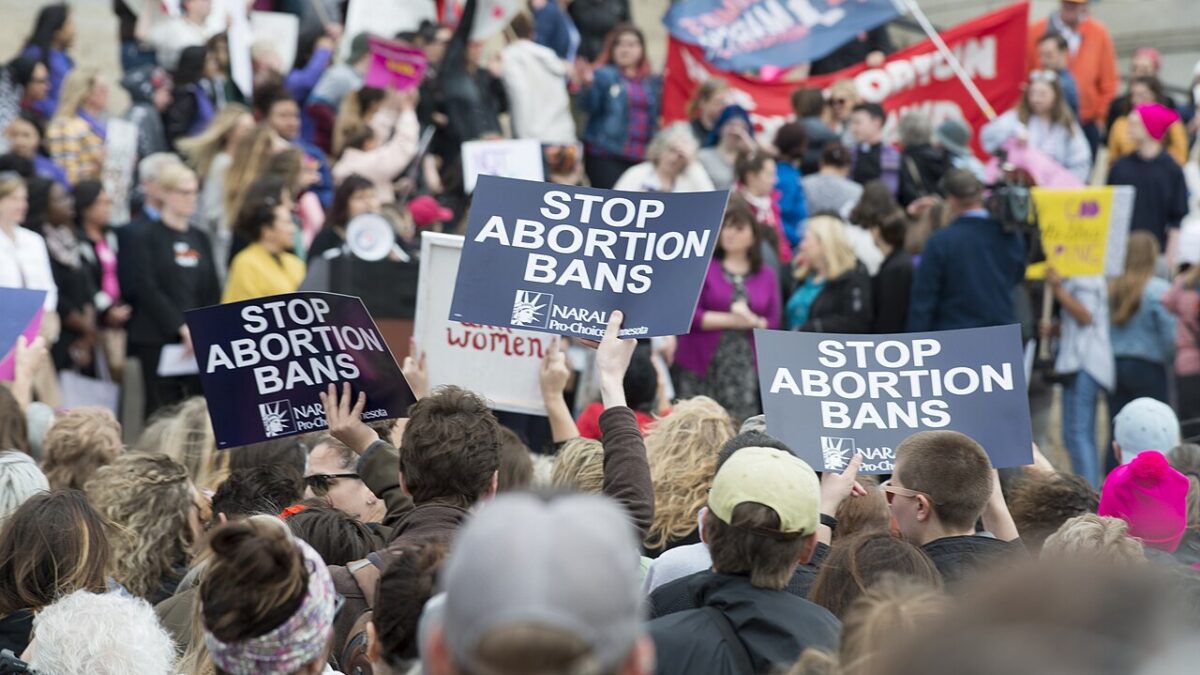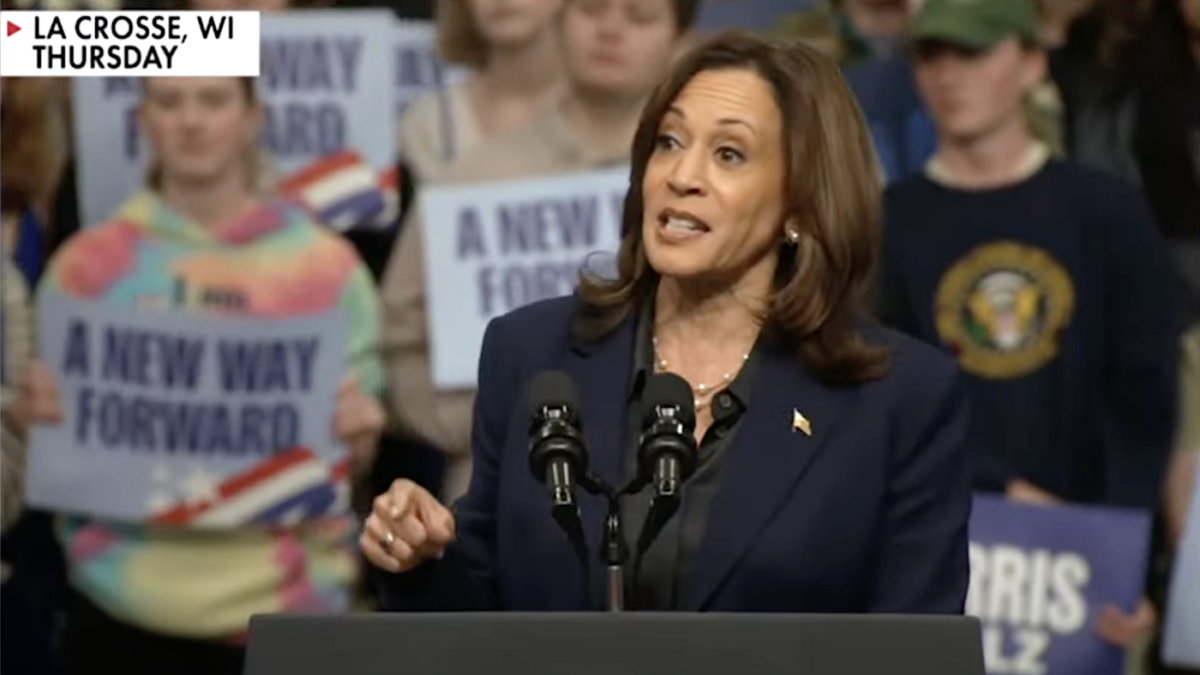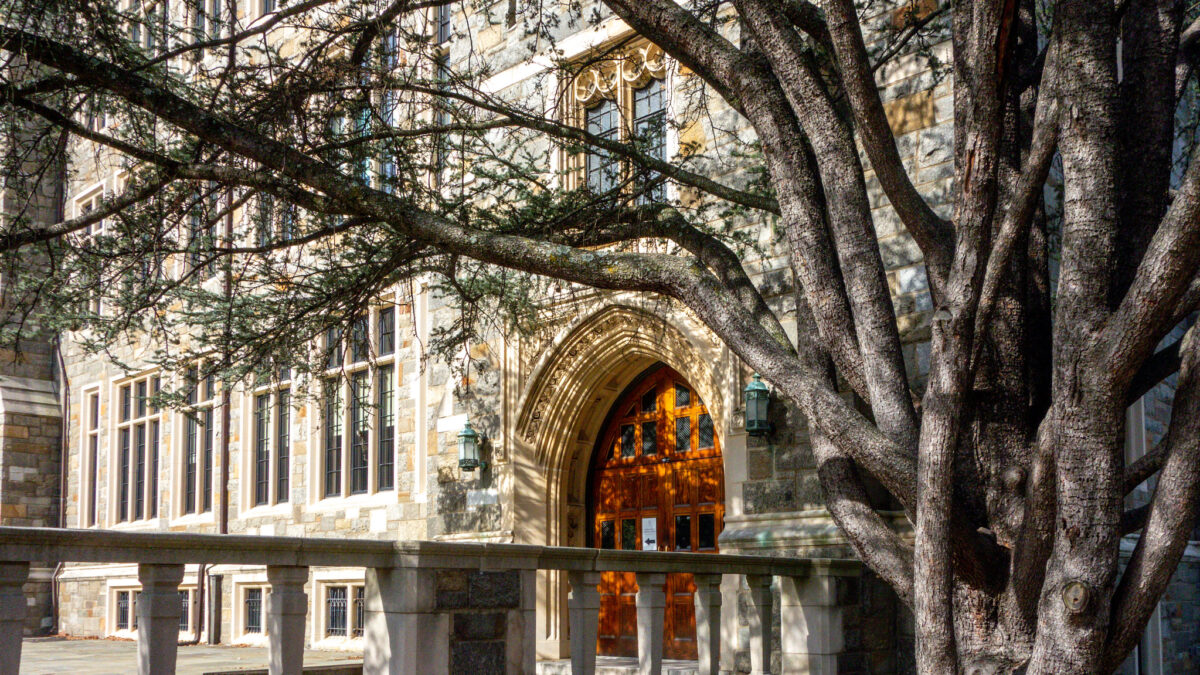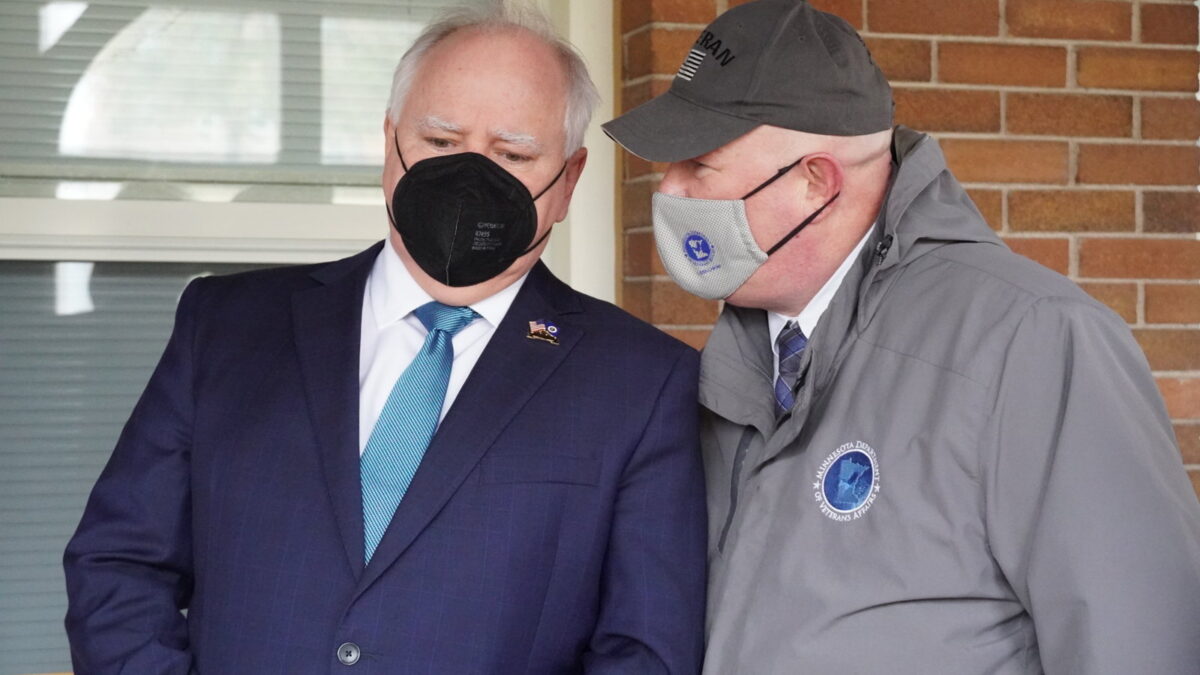Elon Musk wants you to have more kids. Or, at least, that’s what I think he’s saying.
And according to Wikipedia, Musk has eight children. His youngest, X Æ A-Xii — pronounced, “my dad is an unfathomably wealthy eccentric”— was born in 2020. Musk, whose offspring are scattered across numerous nations, continents, and mates, is doing his part.
Historically speaking, Musk is correct. The affluent tend to have fewer kids. Perhaps they wait too long as they pursue careers. Perhaps they see too many children as a burden. Whatever the reasons, the West finds itself under replacement levels (due to lockdowns, birth rates rose ever-so-slightly in the United States last year for the first time since 2014, but that almost surely won’t become a trend). While it’s unlikely that political factors are the leading cause of declining rates, or that Musk would frame the debate this way, we shouldn’t ignore the decades-long effort to stigmatize large families and normalize abortion.
The Malthusian case for treating human beings as if they were a disease was popularized in the 1970s. Abortion was no small part of the early environmentalist movement. The late Supreme Court Justice Ruth Bader Ginsburg wasn’t joking when she infamously claimed that she always assumed Roe v. Wade was “about population growth and particularly growth in populations that we don’t want to have too many of.”
The now-debunked fearmongering of “The Population Bomb” was folded into existing attitudes popularized by eugenicist Margaret Sanger, who believed that life under difficult circumstances wasn’t worth living at all. Well, if you happen to be a minority.
An iteration of this outlook remains popular among contemporary abortion advocates. “Arkansas already struggles to support vulnerable children,” Dana Bash recently told Gov. Asa Hutchinson. “Nearly 1 in 4 children in Arkansas lives in poverty. More than 4,600 kids are already in your state’s overloaded foster care system. Do you really think that your state is prepared to protect and care for even more children if abortion does become illegal there?” The left has anesthetized the abortion issue to the extent that a television personality feels comfortable arguing that fewer “children” born to the lower classes would be beneficial for society.
Poor people have always had more kids, yet America has consistently gotten wealthier. There is little correlation between poverty and fertility, as some of the wealthiest places are also some of the densest in the world.
A baby born in Lagos has a far better chance of ending up in poverty than a child born in Seoul despite both having virtually the same density. Certainly, capitalist nations like our own have an abundance of resources. Setting aside the economic benefits of having more children, they also help create more vibrant communities and a more dynamic nation.
Climate change alarmism has given anti-humanists another pretext to push antinatalism. A recent Science magazine piece argues that “[b]y choosing to have one fewer child in their family, a person would trim their carbon footprint by a whopping 58.6 metric tons—about the same emissions savings as having nearly 700 teenagers recycle as much as possible for the rest of their lives.” In 2020, more than 11,250 scientists signed a declaration saying the best thing anyone can do is have fewer kids.
“There’s scientific consensus that the lives of children are going to be very difficult,” Rep. Alexandria Ocasio-Cortez told her 2.5 million followers a few years ago. “And it does lead young people to have a legitimate question: Is it OK to still have children?”
There is no such consensus. AOC’s generation is the safest and most prosperous that’s ever lived. And despite continued high fertility rates in developing nations, we see fewer hungry people than ever, fewer people dying in conflicts over resources, and fewer perishing from extreme climate. So it’s refreshing to see someone as famous as Musk, a techno-optimist and environmentalist, argue that humans are the ones propelling a decent world rather than the ones holding it back.
